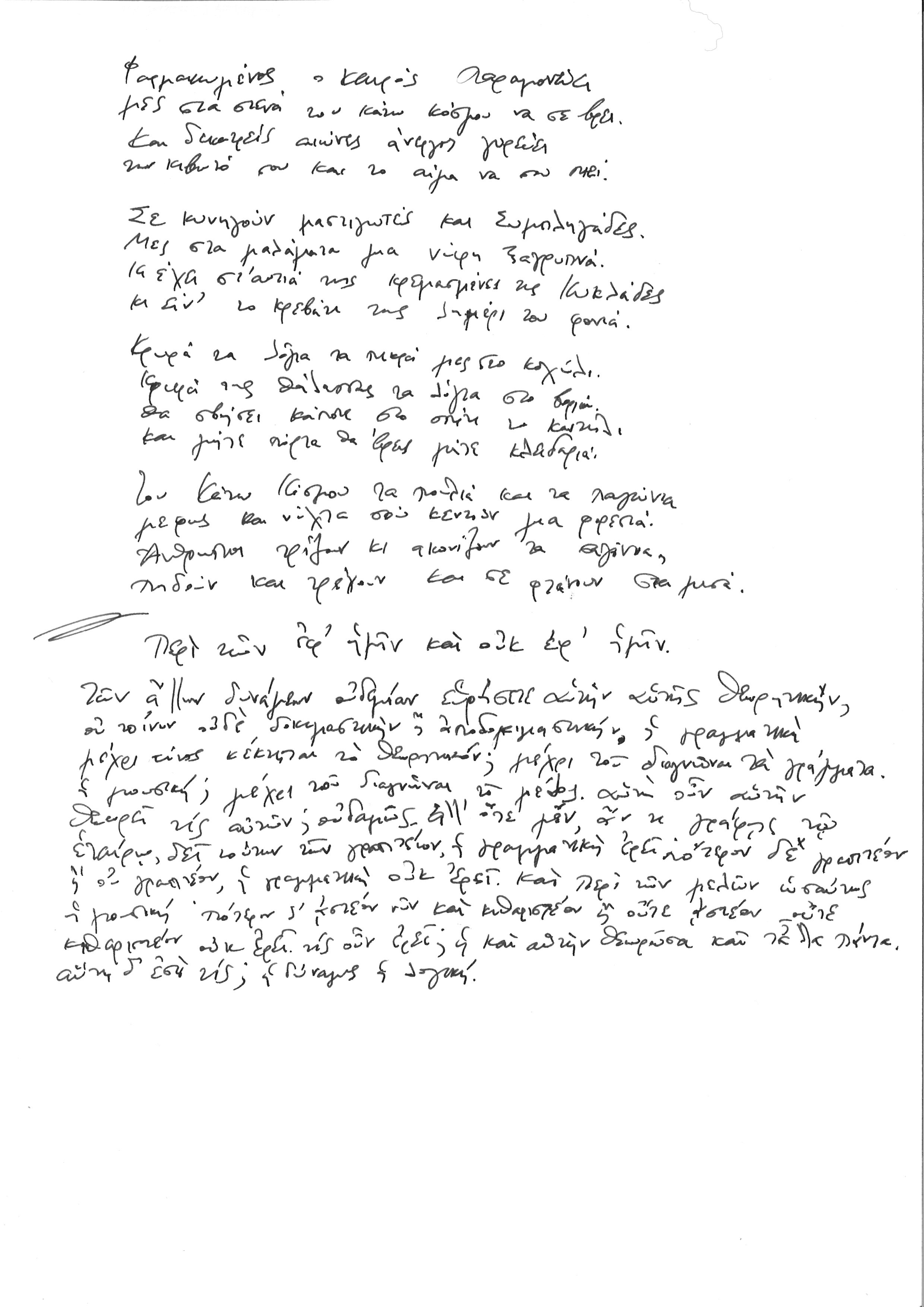
In tribute to all those Quorans who have given me insight and entertainment and community. Jimmy Liu (gone but never forgotten), Michael Masiello (magister optimus), Robert Todd (elegentiae arbiter), Lyonel Perabo (skis grow out of his shoes), Zeibura S. Kathau (no goddamn amateur), Lara Novakov (#freelaranole), Aziz Dida (asker of neighbourly questions), Philip Newton (my Quora mentor), Joachim Pense (maintainer of standards), Sam Morningstar (knows more than a thing or two), Dan Holliday (the US Jimmy Liu), Brian Collins (get down here soon!), Dimitris Almyrantis (erudite gadfly), Dimitra Triantafyllidou (my northern counterweight), Eleftherios V. Tserkezis (scholar and gentleman).
And all those who’ve been omitted because they’ve been relatively silent lately, or that I’m yet to get to know.
I love youse guys.
